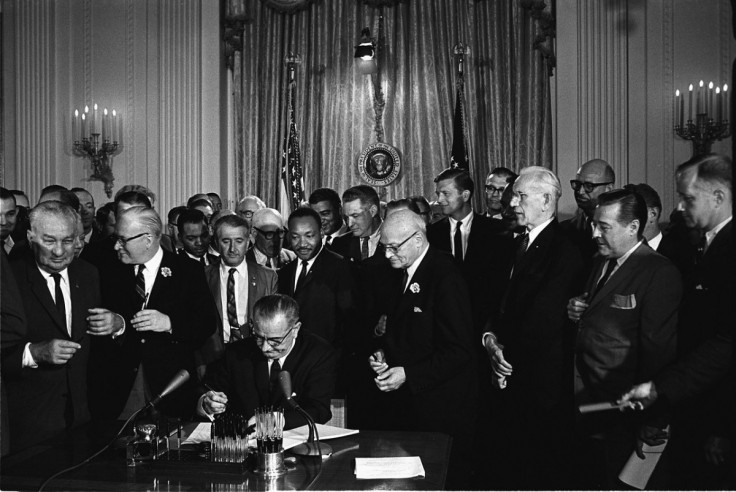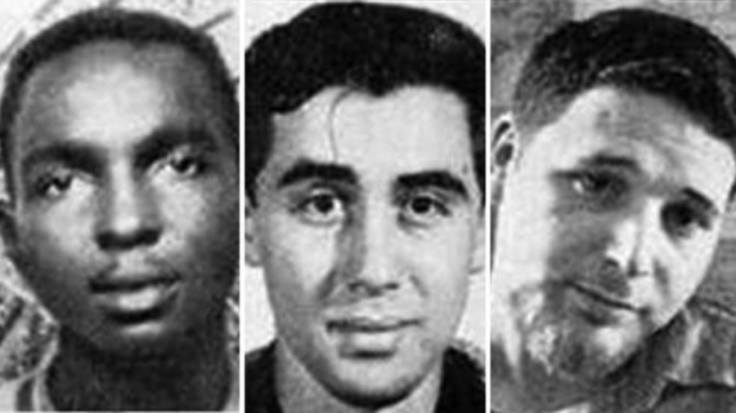'Mississippi Burning' Ku Klux Klan triple murder case dropped after 52 Years
US federal prosecutors have dropped the investigation into the killings of three civil rights workers who were suspected to have been murdered by the Ku Klux Klan more than 50 years ago, according to reports on Tuesday (20 June).
The killings, which took place in Philadelphia, Neshoba County, Mississippi, in 1964 stunned the nation in the midst of the civil rights movement when the bodies of James Earl Chaney, Andrew Goodman and Michael Schwerner were discovered weeks after their disappearances buried in red clay. The case was immortalised by Oscar-winning film, Mississippi Burning, starring Gene Hackman and Willem Dafoe.
They were all aged in their 20s and had been working to help register African-American voters when they began investigating the burning of a black majority church. Their killings are attributed to helping bring in the landmark Civil Rights Act, later that year.
They disappeared on 21 June 1964 with their remains found weeks later under the red clay of an earthen dam. Three years later, eight people were convicted of federal civil rights' violations relating to their deaths.
Then, in 2005, white supremacist Edgar Ray Killen, 91, was convicted of three counts of manslaughter and jailed for 28 years. A report produced by the FBI revealed that they believe the three men were killed as part of a Ku Klux Klan conspiracy.
Mississippi Attorney General, Jim Hood, believes that the decision "closes a chapter" in the state's controversial and bloody civil rights history. According to Sky News, Hood said: "The evidence has been degraded by memory over time, and so there are no individuals that are living now that we can make a case on at this point."

Despite the case being officially closed, Hood added that if new information were to emerge in future, then prosecutors could pursue a case.
The "Mississippi Burning" case is one of more than 125 which remain unsolved from the civil rights era. In 2007, the US Congress set aside millions of dollars under the Emmett Till Unsolved Civil Rights Crime Act for open investigations, yet most of the cases have not led to prosecutions.

© Copyright IBTimes 2025. All rights reserved.






















